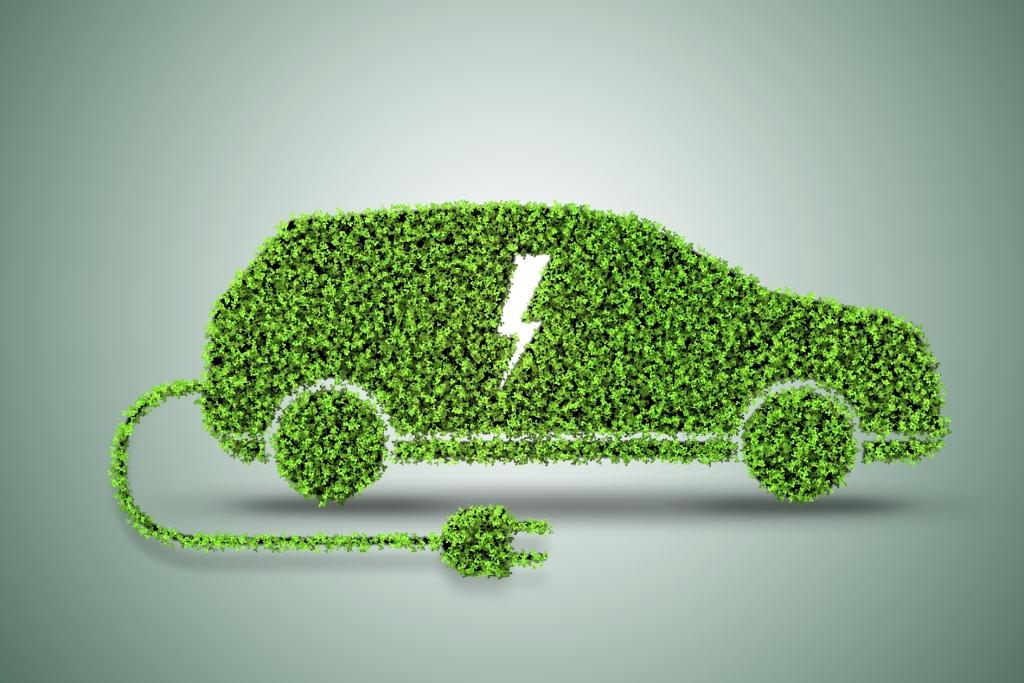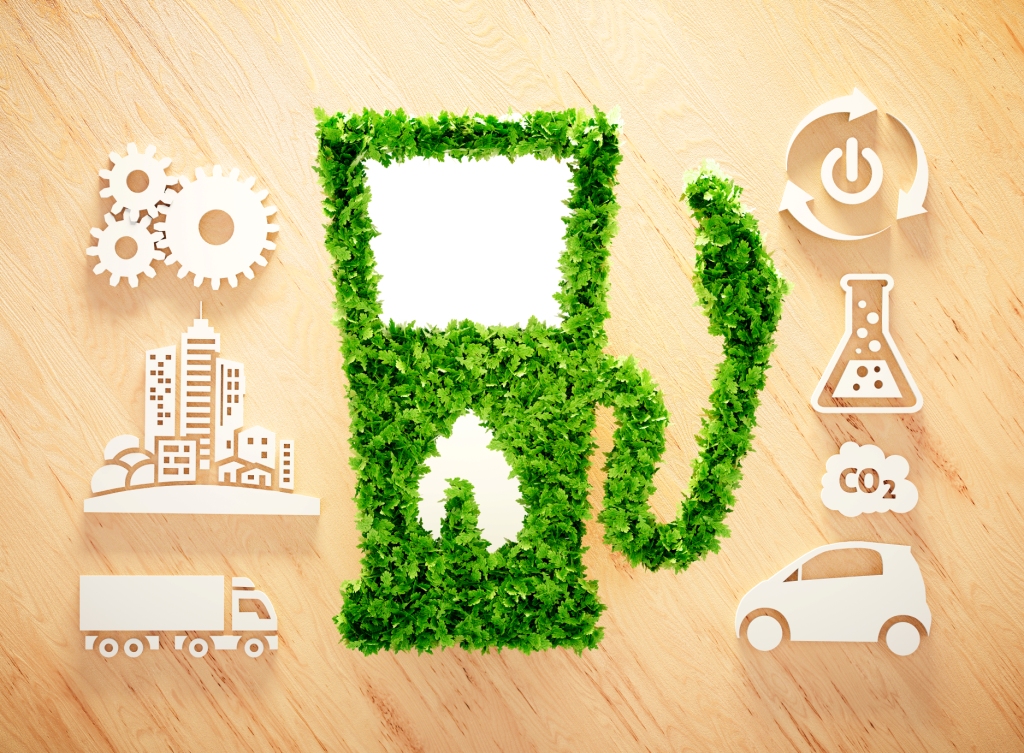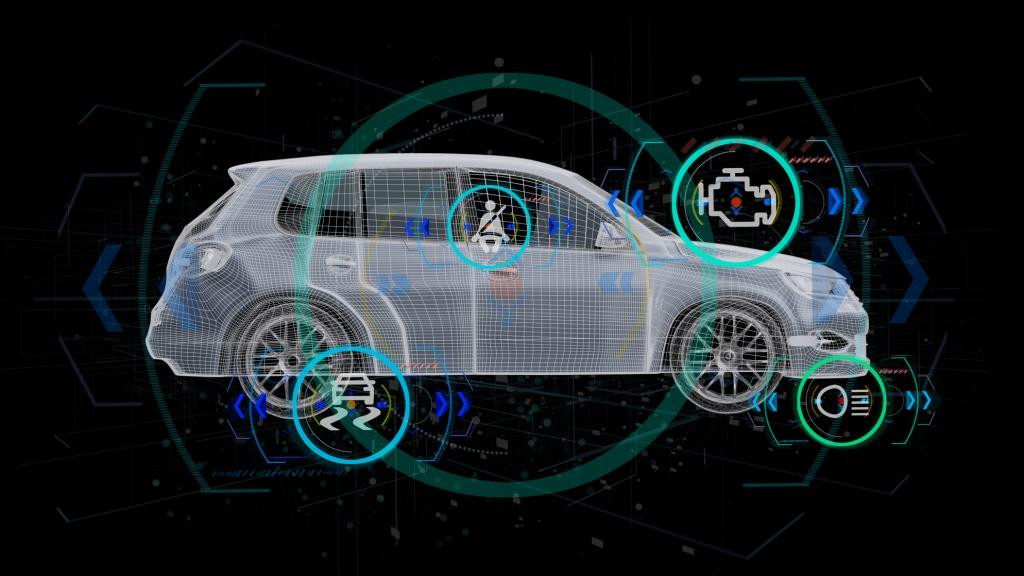The future of EVs in India is very promising and has the potential to make a significant impact on making India greener. The Indian government has been promoting EVs by launching various initiatives, schemes and policies to support EV adoption and manufacturing.
AMO Mobility
One of the major challenges in India is reducing carbon emissions from the transportation sector, which is a significant contributor to air pollution and climate change. Adoption of EVs can help to reduce these emissions and make India more environmentally friendly.
The EV industry has been expanding tremendously in recent years as a result of the government’s announcement of a number of incentives and subsidies to promote EVs, including tax exemptions, subsidies on charging infrastructure, and lower registration fees. Thanks to the government’s ambitious aim to turn India into a global powerhouse for EV manufacturing, electric vehicles have become the most well-liked green vehicles in the country.
India’s ambitious aspirations to lessen its carbon footprint and advance sustainable development, the country’s future use of green vehicles is an intriguing subject to investigate. A growing number of automakers are introducing new green vehicles, such as electric automobiles, hybrid vehicles, and hydrogen fuel cell cars, in response to the Indian government’s drive towards electric mobility. By 2030, it is predicted that electric vehicles will outsell internal combustion engines.
AMU Leasing
The future is also promising for consumers, as the benefits of owning an EV are becoming increasingly apparent. The lower cost of fuel, reduced maintenance costs, and tax exemptions are some of the advantages of owning an EV. As the prices of EVs continue to fall, we can expect to see a significant increase in EV adoption.
However, to achieve the goal of a green India, a lot more needs to be done from the government’s end. Effective policies and schemes are required to encourage citizens to switch to EVs. The development of charging infrastructure across the country will also play a critical role in ensuring the seamless adoption of EVs.
Terra Motors
EVs can store energy and feed it back to the grid during periods of high demand thanks to vehicle-to-grid (V2G) technology. This innovation has the potential to ease the burden on the electrical grid and give EV owners a new source of income. V2G technology is now being tested by a few Indian businesses, and it will likely become more widely used in the future. As a result, your charging car will supply and provide energy.
Mahindra Electric
Mahindra Electric, a division of Mahindra & Mahindra, is one of the leading players in the Indian EV market. They have been actively involved in the development and manufacturing of electric vehicles in India. Mahindra Electric offers a range of electric vehicles, including the Mahindra eVerito sedan and the Mahindra e2o Plus hatchback. They have also been working on advanced technologies like battery swapping and connected EV solutions to enhance the overall EV ecosystem in India.
Tata Motors
Tata Motors, one of India’s largest automotive manufacturers, has been making significant strides in the EV segment. They have introduced the Tata Nexon EV, an all-electric SUV, which has gained popularity in the market. Tata Motors is also working on expanding its electric vehicle portfolio and has plans to launch more electric models in the coming years. They have partnered with various government agencies and private companies to develop charging infrastructure and promote EV adoption across the country.
- Team WS






